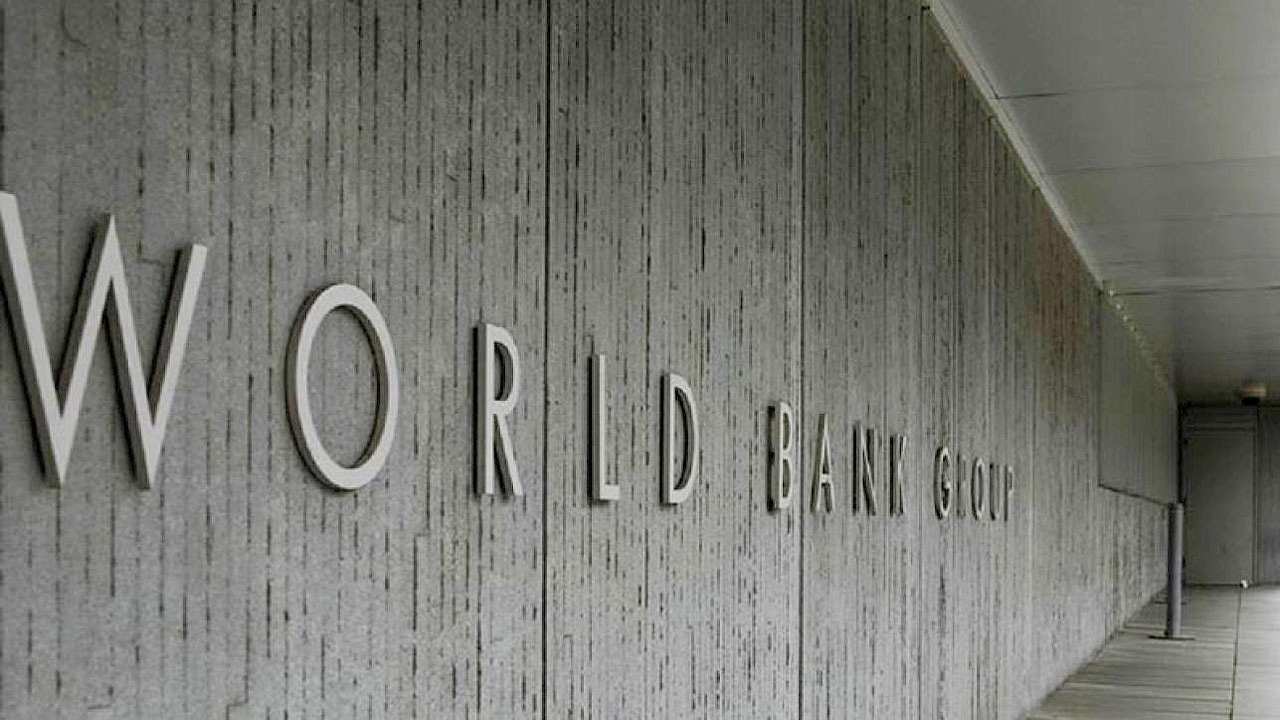World Bank cites need for IPs to own land to fight poverty

By Chloe Mari A. Hufana
WITH the majority of Indigenous Peoples (IPs) rating themselves as poor, especially in the Southern Philippines, a World Bank report launched on Monday recommended a speedy processing of Certificates of Ancestral Domain Titles to aid them in their development.
The “No Data, No Story: Indigenous People of the Philippines” report highlighted the importance of a formal recognition of the rights of IPs to their ancestral domains to boost their economic activity and aid them out of poverty.
It showed that 257 ancestral domains represent 20.5% of total lands available in the country. However, only 20% of these are fully registered, partly due to overlapping and conflicting land management mandates.
“For Indigenous Peoples, land is a fundamental aspect of their identity, culture, and subsistence,” World Bank Senior Social Development Specialist Carlos Perez-Brito said. “Protecting Indigenous Peoples’ land rights is therefore a crucial step in addressing poverty and conflict in the country.”
Nadia Belhaj Hassine Belghith, Senior Economist of World Back told BusinessWorld on the sidelines of the launch that IPs have a strong knowledge of agriculture, which can be a potential area for economic development in their communities.
The study cited the Indigenous Peoples Survey in 2023, which said about 60% of IP households are in farming, reaching 70% in the Bangsamoro Autonomous Region of Muslim Mindanao (BARMM).
Despite this, 51% of IPs consider themselves “food poor.” While over 85% of IPs and non-IPs in BARMM consider themselves “food poor.”
“They look at the assets they have, the type of life they have, in terms of how much they are able to meet their basic needs, and that makes them feel frustrated and feel they are poor,” explained Ms. Belghith on how IPs considered themselves poor.
The World Bank report added that enhancing the access of IPs to water and sanitation, education, health services, and economic opportunities, while preserving their cultural identities, could greatly improve their living standards.
Education is a top priority for the IPs, Ms. Belghith said, but the report showed access to infrastructure for Muslims and IPs is limited, with only 10% of IPs having access to a college education, 15% of Muslims, and 20% of non-IPs.
Almost 90% of IPs said they’re proud of their identity and over 70% have a strong sense of belonging to the Philippines.
About 9.4 million Filipinos consider themselves indigenous, and 87% live in geographically disadvantaged areas.
The Cordillera Administrative Region has the highest density of IPs, followed by the Cagayan Valley.



